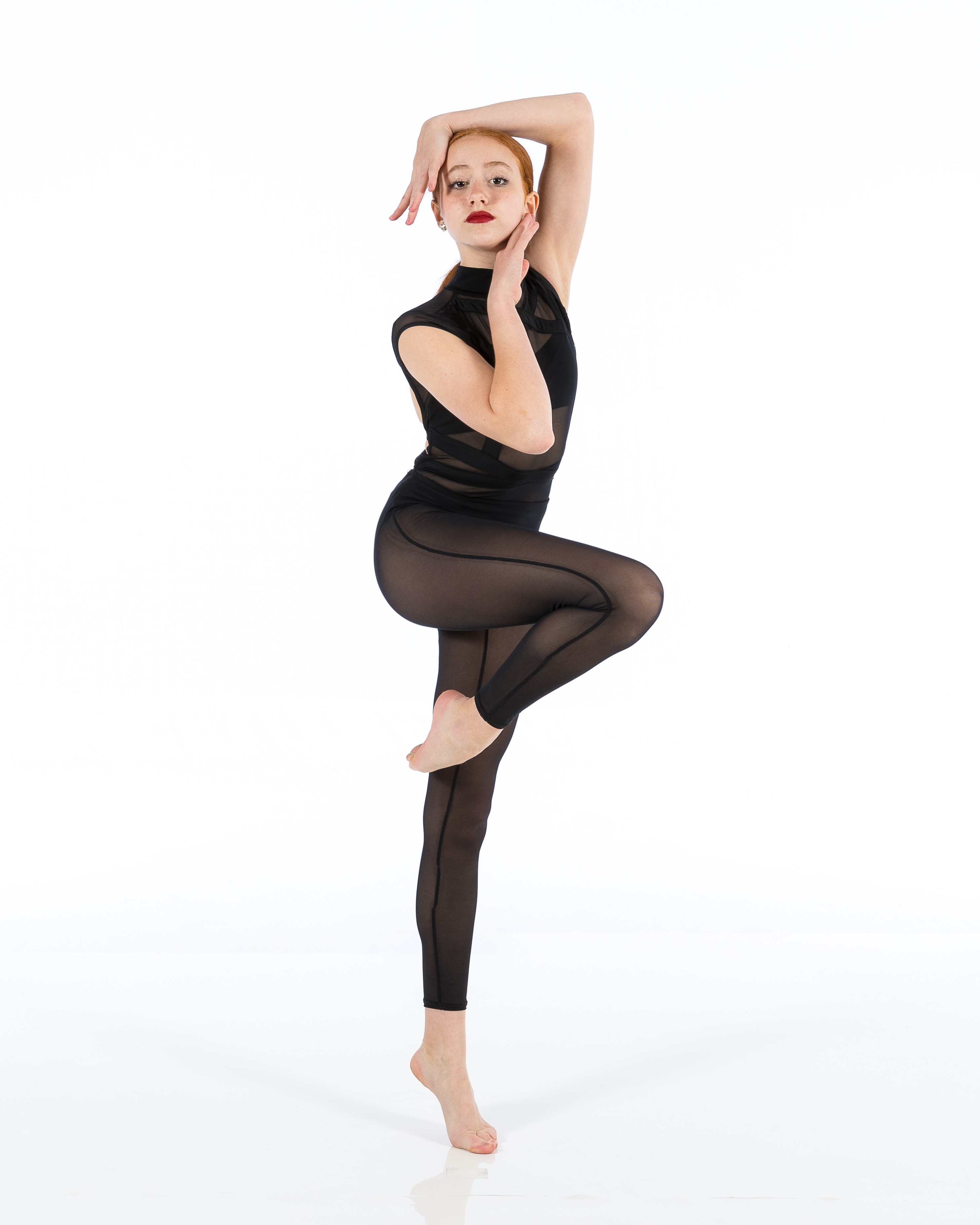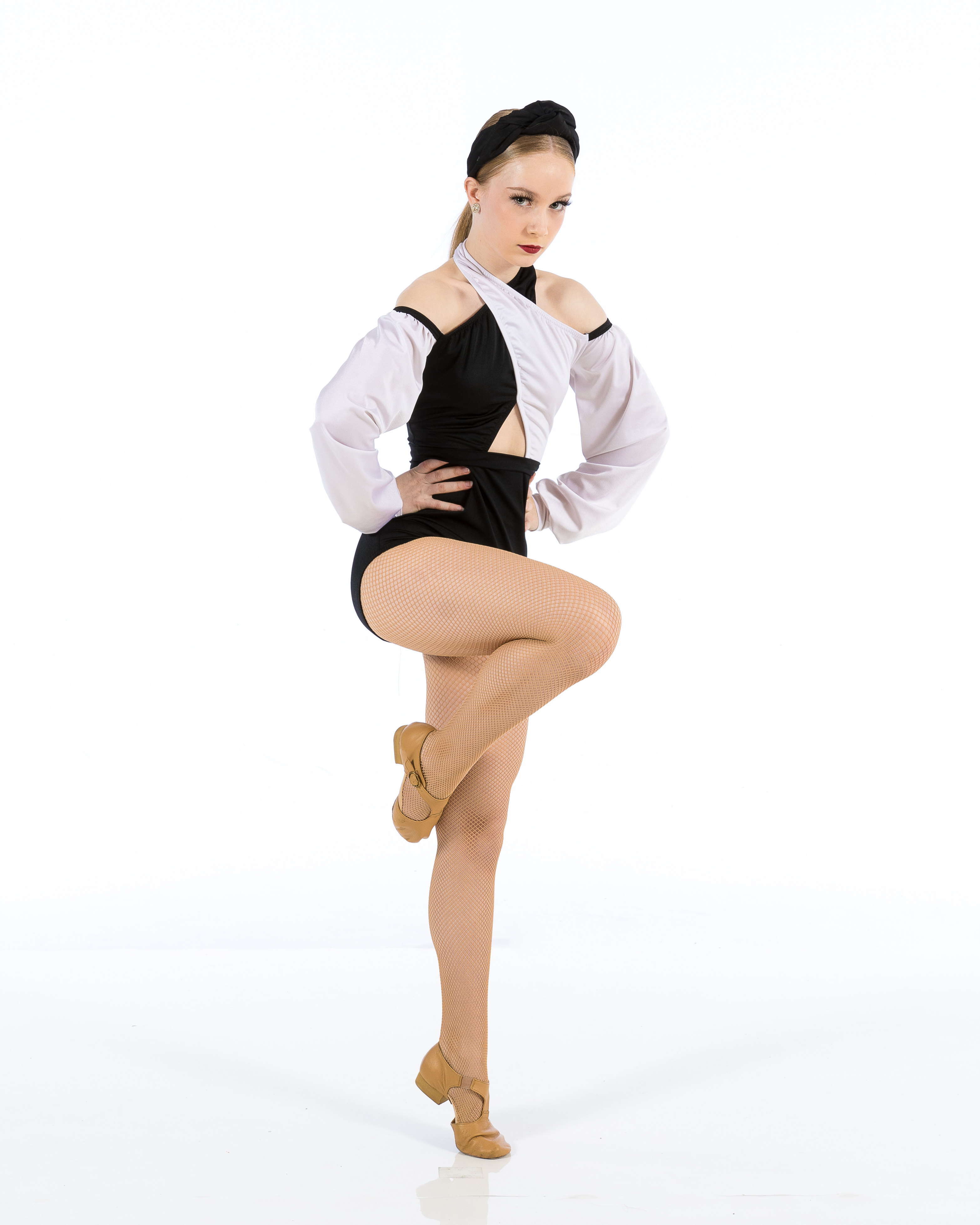Introduction
Stepping right into a dance studio for the first time is an exciting experience, one that can mix a cocktail of feelings-- exhilaration, nervousness, anticipation. Whether you're a skilled professional dancer or just beginning your trip, understanding the subtleties of dance studio etiquette can elevate your experience and enhance your connections with teachers and fellow professional dancers alike. In this thorough guide, we'll dive deep right into Mastering Dance Studio Decorum: Important Tips for Beginners and Pros Alike
From basic regulations to innovative factors to consider, this article will certainly cover whatever you need to know about browsing the vivid globe of dance workshops. So tighten those shoe laces and let's get started!
The Importance of Dance Studio Etiquette
Why Rules Matters in Dance Studios?
In any type of artistic setting, rules plays a critical duty in preserving consistency and respect among individuals. Dancing studios are no exemption. Great rules fosters a positive ambience where creative thinking can flourish.
- Respect: Being thoughtful in the direction of trainers and fellow professional dancers builds mutual respect. Focus: Etiquette lessens disturbances, enabling every person to focus on learning. Community: Rules helps develop a helpful area that motivates growth and camaraderie.
Common Mistaken beliefs About Dance Studio Etiquette
Many novices hold misunderstandings concerning what constitutes ideal behavior in dancing studios. Let's expose some misconceptions:
- Myth 1: "Just sophisticated professional dancers need to follow rules." Fact: Rules is vital for all levels; it shows professionalism. Myth 2: "Instructors are too stringent concerning regulations." Fact: Trainers impose guidelines to maintain order and respect.
Basic Dance Studio Decorum for Beginners
Dress Code: What to Wear?
First impacts matter! The right clothing not just mirrors your commitment yet additionally boosts your performance. Right here's exactly how to dress appropriately:
- Comfort: Pick garments that allow totally free movement. Footwear: Buy good-quality footwear suited to your dance style.
|Dancing Style|Suggested Attire|| -------------|-------------------------|| Ballet|Leotard, leggings, ballet slippers|| Hip-Hop|Baggy garments, tennis shoes|| Tap|Comfortable clothing, tap footwear|

Arriving on schedule: Punctuality is Key!
Being late can interrupt the whole course. Purpose to come to the very least 10 minutes early to:
- Warm up. Settle in mentally.
Tip: If you're running late because of unanticipated scenarios, inform the teacher beforehand.
Quiet Zone: Keeping Silence Before Class
Dance workshops Dance Classes flourish on emphasis. Maintain conversations to a minimum before course begins to ensure every person can prepare mentally.
Intermediate Dance Studio Rules: Building Relationships
Respecting Personal Space in Class
Every dancer deserves their room throughout practice. Avoid crowding others while exercising moves or routines.
Why It Matters: Valuing individual room advertises convenience and helps with much better learning experiences.
Listening Actively Throughout Instructions
When a teacher is speaking, it's essential to listen. Energetic listening shows regard and assists you comprehend important concepts.
How To Program Energetic Paying attention:
Maintain eye call with the instructor. Nod when appropriate. Ask making clear inquiries if needed.Advanced Dance Studio Decorum: Raising Your Experience
Providing Positive Feedback Wisely
As you expand much more skilled, sharing comments becomes part of the culture. Nonetheless, strategy this delicately:
Focus on particular activities as opposed to general critique. Offer suggestions just if gotten by peers.Encouraging Others: Structure Area Spirit
Support your other dancers with inspiration:
- Compliment their efforts genuinely. Celebrate their achievements openly.
Mastering Dance Studio Decorum: Necessary Tips for Beginners and Pros Alike-- The Instructors' Perspective
Understanding Instructor Expectations
Instructors usually have specific expectations concerning habits in class. Familiarizing yourself with these can significantly boost your discovering experience:
Listen attentively when they speak. Follow guidelines precisely. Give your best effort during every session.Building Rapport with Your Instructor
Establishing a good relationship with teachers can be helpful for your development as a dancer:
- Ask inquiries connected to choreography or technique after class. Thank them for their guidance post-class; gratitude goes a long way!
Handling Dispute Gracefully in the Dance Studio Environment
Dealing with Disagreements Amongst Peers
Conflicts might arise within any team setting; recognizing exactly how to manage them beautifully is essential:
Approach the individual independently without escalating tension. Use "I" declarations instead of "you" declarations (e.g., "I really felt overlooked when ...").Addressing Concerns with Trainers Professionally
If you have worries regarding guideline or classroom characteristics:
Request a private meeting after course hours. Express your feelings constructively concentrating on solutions as opposed to complaints.The Duty of Non-Verbal Communication in Dancing Studios
Understanding Body movement Signals
Dance naturally entails non-verbal communication; understanding just how body language features in this context is important:
Positive body movement (e.g., open position) promotes connection. Negative signals (gone across arms) could convey defensiveness or disengagement.Using Eye Call Efficiently During Classes
Maintaining eye call with teachers shares listening while also helping develop connection among peers during team performances!
FAQs
Q1: What need to I use for my first dancing class?
A1: Select comfortable clothes that allows cost-free activity-- yoga trousers or tights coupled with an equipped leading works well!
Q2: Is it fine to miss out on classes occasionally?
A2: Life takes place! Notify your teacher in advance ideally; they'll value your consideration.
Q3: How do I handle sensation timid around various other dancers?
A3: Begin small-- introduce on your own one-on-one prior to broadening interactions progressively as knowledge grows!
Q4: Can I bring good friends along to observe classes?
A4: The majority of workshops like prior setups; consult management initially so they know added attendees!
Q5: What if I disagree with a teacher's feedback?

Q6: Should I take part in efficiencies even if I'm new?
A6: Definitely! Getting involved boosts confidence-- speak up pertaining to any kind of reluctances so holiday accommodations can be made accordingly!
Conclusion
Mastering dance studio decorum isn't just about adhering to policies; it has to do with growing an enriching atmosphere where everyone feels valued and inspired-- whether you're just starting or fine-tuning sophisticated methods as an experienced pro! By sticking closely to these important ideas detailed here under Mastering Dance Studio Etiquette: Important Tips for Beginners and Pros Alike, not only will you enhance your own experience however additionally add favorably towards nurturing a welcoming community within each dance studio you poise with your existence! So take these understandings onward into every workshop room you go into-- and let the rhythm lug you toward excellence!